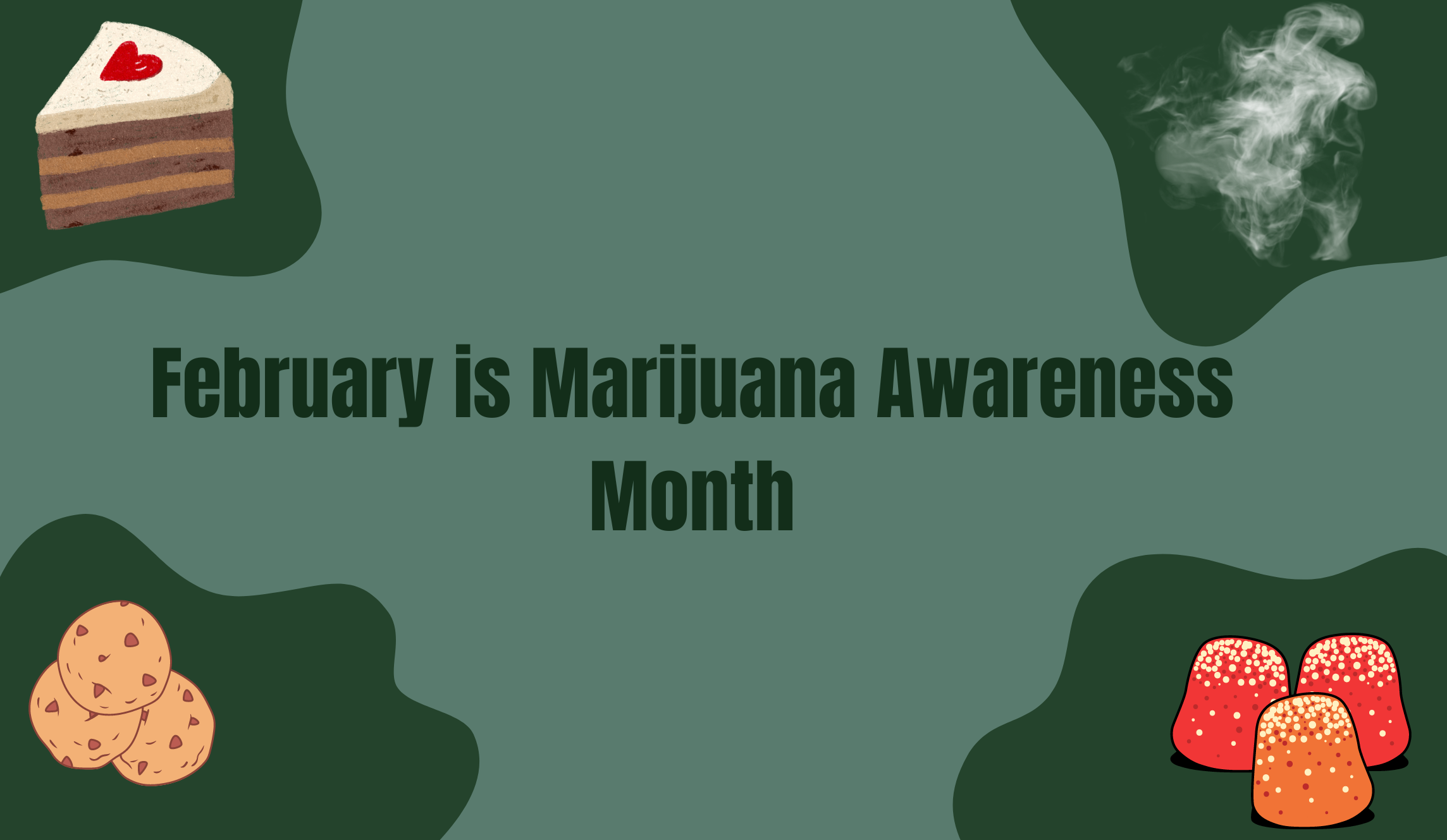
I’m sure most of us have heard, “it’s only weed,” or, “it’s natural,” to minimize the risks of marijuana use. Even if we haven’t tried it ourselves, we have most likely smelled it, or been around a person who has been using marijuana. Since February is Marijuana Awareness Month, and Minnesota legislators planning to legalize recreational marijuana, it’s important to be informed before deciding to partake.
Is Marijuana Addictive?
Although marijuana had been previously labeled as “non-addictive,” we now know that this is a misconception. In fact, the DSM-5 has outlined criteria & identified withdrawal symptoms for Cannabis Use Disorder (CUD). In fact, the CDC estimates 3 in 10 people who use marijuana have Cannabis Use Disorder. The likelihood of developing CUD is greater if marijuana use started during youth or adolescence and if use is frequent.
Edibles
Although smoking remains the most popular way to use marijuana, the popularity of edibles continues to increase. While edibles may seem less intimidating than smoking, there are still some risks associated with consuming edibles. For instance, edibles have much longer lasting effects, often several hours longer, than smoking marijuana.
Also, the delayed onset of the effects is associated with a higher likelihood of an overdose. When someone eats an edible, it can take up to 2 hours to feel the effects. If someone were unaware of this, or were impatient to feel the effects, they may choose to have more. While it is extremely unlikely for someone to die from a marijuana overdose, it can still be an extremely uncomfortable and scary experience.
Overdose Symptoms
WebMD lists the symptoms of a marijuana overdose as:
- High levels of anxiety
- Panic attack
- Rapid heart rate
- Difficulty conversing
- Poor coordination
- High or low blood pressure
- Nausea and vomiting
- Extreme confusion and memory problems
- Paranoia
- Hallucinations
Resources
If you would like to assess your own use, there is a Marijuana Self-Assessment available through American Addiction Centers. If you are concerned about use, you can contact Counseling Services on campus. To schedule an appointment, call 507.457.5330 or email co****************@****na.edu. Another local resource is Common Ground—for more information, see their website here.